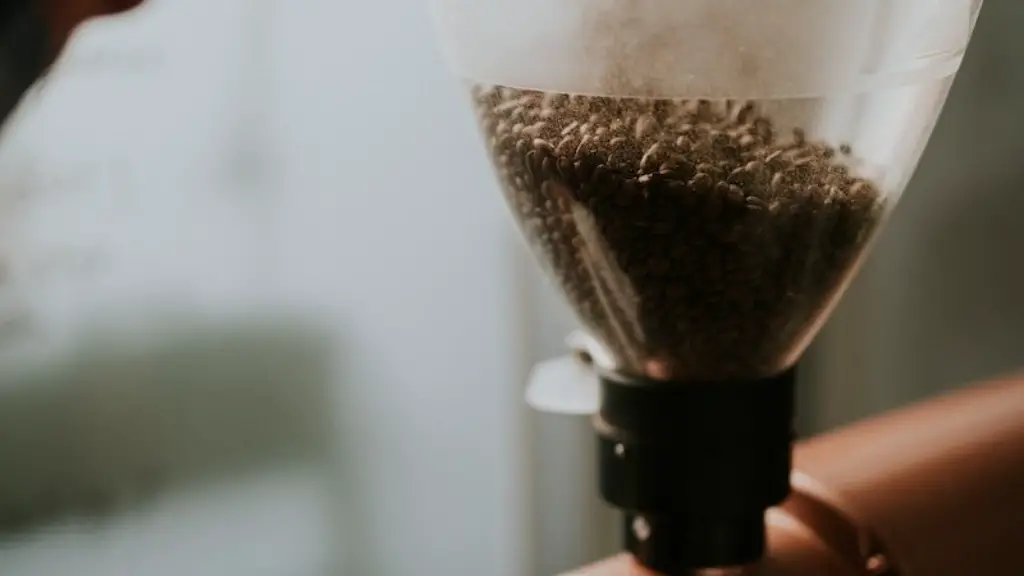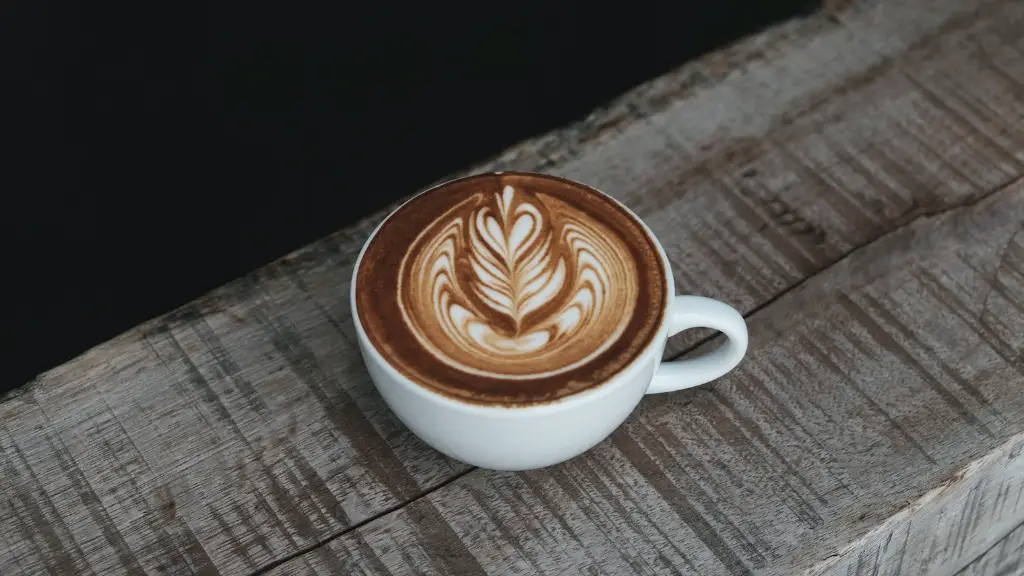What is the Connection Between Coffee and Pooping?
There has long been speculation about the relationship between the consumption of coffee and the need to defecate. While this may seem like an odd combination, the truth is that coffee can in fact have an influence on our bowel movements. Studies have shown that coffee can stimulate the production of gastric acid and hormones, which can cause the need to use the bathroom. The question is, then, how long after drinking coffee do you poop?
What are the Physical Effects of Caffeine?
When we consume caffeine, it is taken up into our bloodstream and carried to various organs in the body. In the brain, caffeine acts as a stimulant, increasing alertness, but in the digestive tract, it can act as a laxative and cause the need to defecate. Caffeine also stimulates the release of gastric acids and hormones, which can also stimulate bowel movements. This means that for some people, coffee and other caffeinated beverages can cause them to need to go to the bathroom much sooner than normal.
How Quickly Do People Respond to the Stimulation?
The time it takes for a person to have an effect from drinking coffee can vary from person to person. Generally speaking, it can take from several minutes to a few hours for individuals to notice the effects of caffeine on their digestive systems. Additionally, the amount of caffeine consumed, as well as individual bodily responses, will also play a role in determining how long it takes a person to use the restroom after drinking coffee.
How Much Caffeine is Too Much?
Due to the stimulating and laxative properties of caffeine, it is recommended that individuals limit the amount of coffee they consume in a day. According to the Dietary Guidelines for Americans, adults should limit their caffeine consumption to no more than 400 mg per day. When consumed in excess of this amount, the stimulant and laxative effects of caffeine can become much more pronounced, leading to increased risk of dehydration and other gastrointestinal issues.
What Other Factors Can Impact Pooping After Drinking Coffee?
When considering the effect of coffee on pooping, it is also important to take into account other factors that may have an effect on a person’s bowel movements. For example, those who have preexisting gastrointestinal issues, such as irritable bowel syndrome, may find that drinking coffee can have a more pronounced effect on their need to use the bathroom. Additionally, individuals who suffer from anxiety or depression may also find that the stimulant effects of caffeine can increase their sense of urgency when it comes to using the bathroom.
Are There Any Other Ways to Increase the Effect Coffee Has on Pooping?
Those looking to increase the laxative effects of coffee may want to consider adding other drinks or foods to their routine. Studies have shown that ginger root and probiotic-rich foods, such as yogurt, can help to increase the effect coffee has on stimulating bowel movements. Additionally, individuals may want to take a fiber supplement, as this can help to increase the amount of water in the intestines, which can help to move things along.
What is The Relationship between Coffee and Constipation?
Contrary to popular belief, coffee does not cause constipation. It is true that the stimulant and laxative effects of caffeine can cause someone to use the restroom more quickly, however, it is not the cause of constipation in those who suffer from it. Constipation is usually caused by other underlying medical issues, such as a lack of dietary fiber or dehydration. Therefore, the key to overcoming constipation is to ensure that the individual is taking in enough dietary fiber and water each day.
Does Coffee Make You Feel Thirsty?
When it comes to the effects of coffee, one of the most common side effects is thirst. This is because caffeine is a known diuretic, meaning that it can lead to increased urination, as well as increased thirst. Therefore, those who are drinking coffee should ensure that they are also consuming an adequate amount of fluids throughout the day in order to avoid dehydration.
What Is The Recommended Amount Of Coffee To Drink?
When it comes to drinking coffee, it is recommended that individuals consume no more than two to three cups of coffee per day. However, this should be taken with a grain of salt, as individuals respond differently to the stimulant effects of caffeine. Additionally, those with preexisting medical conditions should always consult with their doctor prior to increasing their caffeine intake.
Does Coffee Help To Relieve Stress?
Coffee can be a great way to relieve stress and increase focus, especially when consumed in moderation. This is because caffeine acts as a stimulant in the brain and can give individuals a boost of energy, which can help them to stay alert and motivated. Additionally, the aroma of coffee has been found to be calming for some individuals. However, it is important to note that drinking too much coffee can have the opposite effect and cause increased levels of anxiety and restlessness, so moderation is key.
Are There Any Potential Health Benefits Associated with Drinking Coffee?
Those who drink coffee in moderation may be able to reap some health benefits from their habit. Studies have shown that regular consumption of coffee can help to reduce the risk of certain diseases, such as Type II Diabetes and heart disease. Additionally, it has also been found to have antioxidant properties, which can help to fight off the damaging effects of free radicals. Of course, this should all be taken with a grain of salt, as drinking too much coffee can lead to negative health effects.
Are There Any Alternatives To Coffee?
For those looking to cut down on their caffeine consumption, there are many alternatives to coffee that can offer similar benefits. Tea is an excellent option, as it contains much lower levels of caffeine than coffee, yet still offers some stimulating effects. Additionally, there are many herbal teas that are caffeine-free, such as chamomile, peppermint, and rooibos, which can be calming and provide other health benefits.
Are There Any Side Effects to Drinking Too Much Coffee?
There can be some potential side effects associated with drinking too much coffee. These include increased heart rate, anxiety, restlessness, and insomnia. Additionally, those who drink too much coffee may also find themselves suffering from headaches, dizziness, and stomach discomfort. For this reason, it is important to be aware of one’s caffeine intake and ensure that it does not exceed the recommended amount.
What Are Some General Tips for Coffee Drinking?
When it comes to drinking coffee, it is important to remember that moderation is key. Those who drink too much coffee may find themselves suffering from a number of unpleasant side effects. Additionally, it is important to remember to stay hydrated and to consume an adequate amount of dietary fiber to ensure that there are enough fluids in the intestines to help facilitate regular bowel movements. Finally, it is also important to speak to one’s doctor if there are any concerns regarding the amount of coffee one is drinking.



